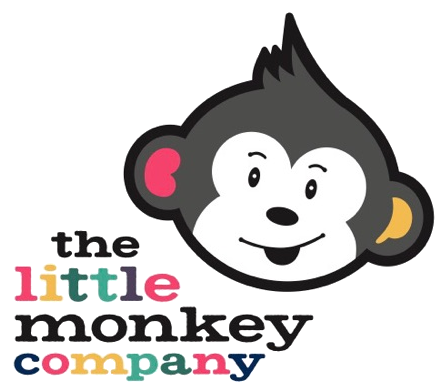Moms share valuable tips on how to reduce spit up in babies
If you are a first-time parent you might be surprised to see how much an infant spits up milk. A spit-up happens when infants throw up some milk in small quantities after they have been fed. Usually when they burp a small amount of milk comes out. Spitting up is quite common in babies till the age of 6 months. The term ‘happy spitter’ is used to indicate routine spitting up in a child which is not accompanied by any pain or discomfort. Spitting up usually phases out by the time your baby’s first birthday arrives. While spitting up cannot be completely avoided, you can take certain actions to reduce the frequency of spit ups. Listed below are some practical tips mothers have been using to ease their baby’s reflux.Burp After Every Feeding
When babies are hungry, they suck milk quickly. In doing so, they also swallow some air. The swallowed gas causes trouble inside the stomach. It is important to hold your baby in an upward position after feeding him and allow him to lean against your shoulder. This action will help release the stomach gas through a burp.- If the baby is put down on the bed right after feeding him, the swallowed gas will eventually come out and will also bring some milk with it. Burping in an upward position reduces the chances of spit. Babies swallow air when they are fed milk through a bottle, but it can happen for breastfed milk as well if the flow is high.
Feed More Often
It is recommended to feed the baby more frequently to reduce the hunger pangs. When a baby is left unfed for longer durations, he/she tries to feed quickly. In the process of doing so, some air is also swallowed along with the milk. This causes milk to spit up.- Do not increase the dose of the milk, just adjust the feeding schedule in a way that your baby does not remain hungry at any time during the day.
Take Notes to Identify the Trigger
Monitor the conditions which lead to your baby spitting up. Take a journal and record the following parameters:- What type of milk did you feed your baby? Breast or formula?
- The average volume of milk the baby feeds on.
- The holding position of the baby when milk is fed.
- Signs of discomfort when the baby is being fed.

Change the Milk Type
- Your baby might react differently to breast and formula milk. If spit up is less for breastfed milk, the formula may be problematic. Consult your pediatrician and switch to a rice-thickened formula that is free of lactose but delivers the requisite dose of nutrition.
No Playtime After Feeding Your Baby
- Most moms love playing with their babies by pressing on their tummies and tickling them. Avoid the urge to press on your baby’s tummy for at least half an hour after the baby has been fed. Let the baby lie down in peace after his mealtime. Unnecessary physical activity can trigger digestive reflux and cause milk to spit out.


